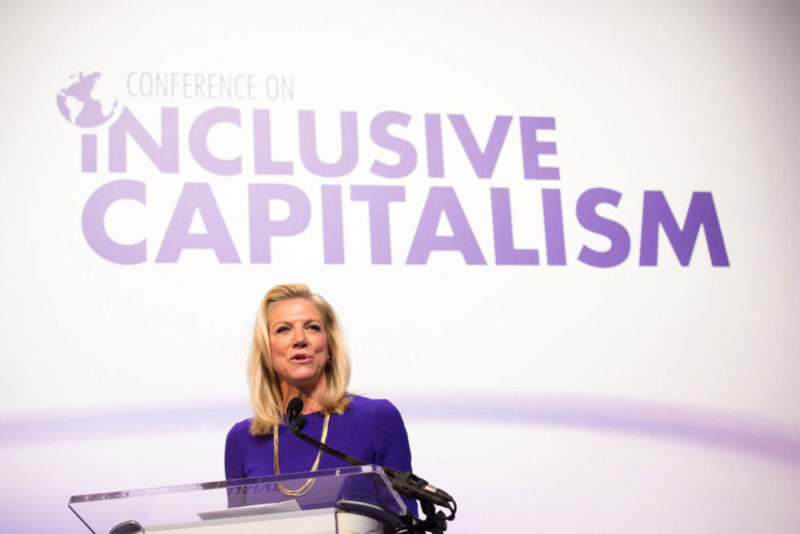 From Ammo.com
From Ammo.com
“I would like to say to Milton and Anna [co-author of A Monetary History of the United States, 1867–1960]: Regarding the Great Depression. You’re right, we did it. We’re very sorry. But thanks to you, we won’t do it again.”
Milton Friedman is the Godfather of American conservative libertarianism. He was, at a time when it was deeply unfashionable in official circles, a fierce critic of Keynesian economics. He was a leader of the second generation of libertarian economists to come out of the University of Chicago. Among the people recruited or mentored by him at the university include Thomas Sowell, Gary Becker, Robert Fogel and Robert Lucas, Jr. Friedman often used the jargon and methodology of Keynesians while rejecting their basic premises, coming to very different conclusions than his Keynesian counterparts.
One of his groundbreaking theoretical innovations is the notion of a natural rate of unemployment. Friedman believed that when the unemployment rate was too low, inflation was the result. Using this and his unique interpretation of the Phillips Curve, Friedman predicted “stagflation” long before there was even a word for such things. Friedman likewise broke with Austrian orthodoxy in advocating for small, controlled expansions of the money supply as the proper monetary policy. This became known as “monetarism” – the theory leveraged by the Federal Reserve during the 2008 financial crisis.
As an advisor to both United States President Ronald Reagan and United Kingdom Prime Minister Margaret Thatcher, it can be said that, in some ways, Milton Friedman was the forerunner of neoliberal economics on the international scale.
Continue Reading
Rating: 0.00/5 (0 votes cast)












 : 11- 36 minutes.
: 11- 36 minutes.  : Over 36 min. Fun:
: Over 36 min. Fun:






